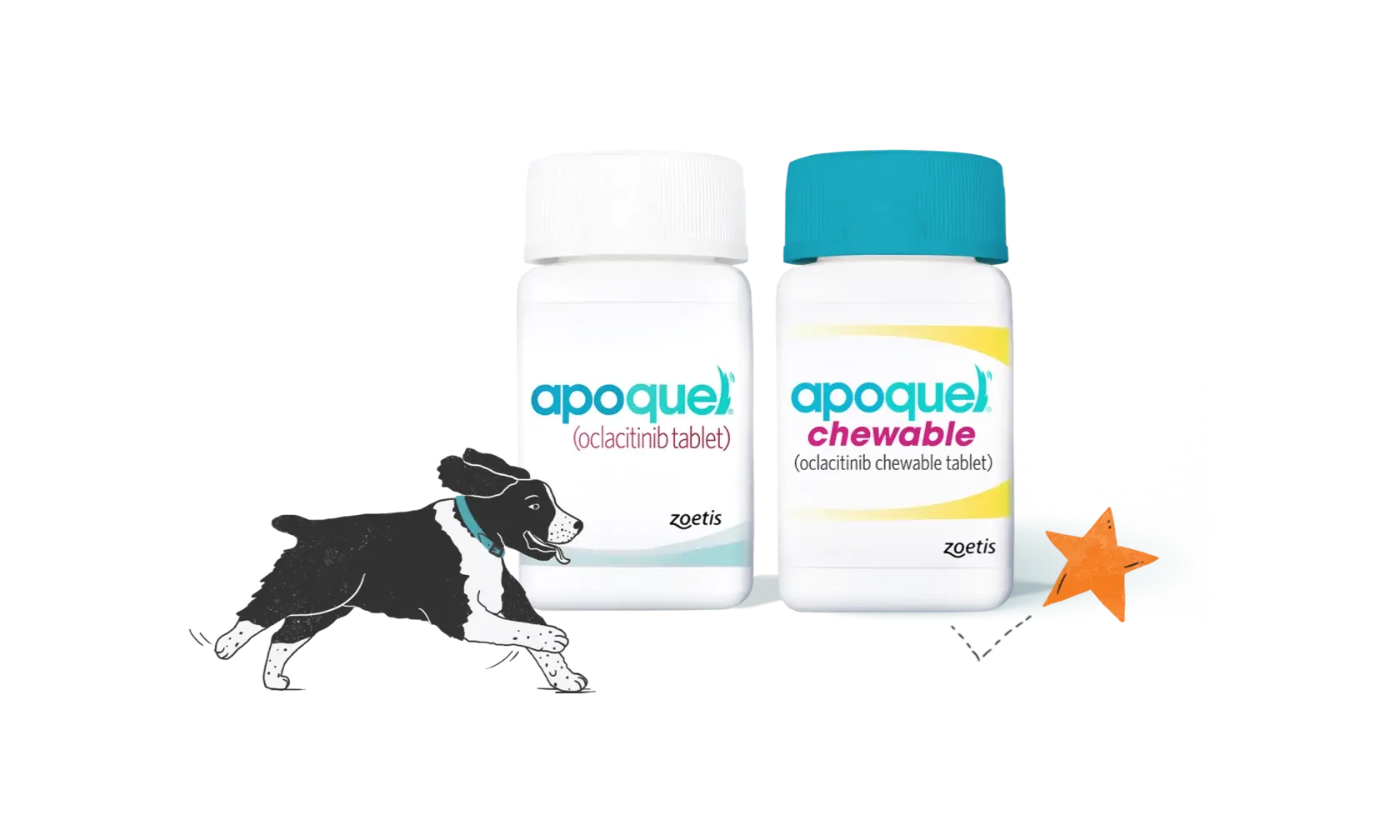Watermelon is a refreshing summer treat for humans, but can cats safely nibble on watermelon rind? As a pet parent, it’s natural to wonder whether this crunchy part of the fruit is safe or risky for your feline friend. Let’s break down the facts about watermelon rinds and your cat’s health.
🍉 Can Cats Eat Watermelon Rind?
While the juicy pink flesh of watermelon is generally safe for cats in small amounts, watermelon rind is a different story. This tough, green outer layer can pose potential risks for your cat, even though it’s technically not toxic. Understanding why the rind might be harmful is key to keeping your pet safe and healthy.
🚨 Risks of Watermelon Rind for Cats
Watermelon rind may not seem dangerous at first glance, but it can cause several issues for your cat. Here are the main risks:
- Choking hazard – The rind is firm and difficult to chew, making it a potential choking risk for cats.
- Digestive upset – Cats have sensitive stomachs, and the rind is tough to digest. Eating it can lead to vomiting, diarrhea, or discomfort.
- Chemical exposure – Watermelons are often treated with pesticides or other chemicals, which can linger on the rind and harm your cat.
Even though the rind itself isn’t toxic, these risks make it unsafe for cats to eat. Always err on the side of caution and keep watermelon rinds out of your cat’s reach.
🐾 How Cats React to Watermelon Rind
Most cats are curious creatures, and some might try to sniff or nibble on a piece of watermelon rind if it’s left within reach. Here’s how you might notice your cat reacting:
- Chewing on the rind – Cats with an exploratory or playful nature might bite into the rind.
- Loss of interest – Many cats are obligate carnivores and may simply ignore the rind after a quick sniff.
- Digestive symptoms – If your cat ingests the rind, they could show signs of digestive upset, such as vomiting or diarrhea.
It’s important to observe your cat’s behavior if they’ve come into contact with watermelon rind and monitor for any concerning symptoms.
🍽️ Safe Treat Alternatives for Cats
If your cat seems curious about watermelon, you can still let them enjoy a safe, feline-friendly treat. Here are some alternatives:
- Small pieces of seedless watermelon flesh – Ensure the fruit is ripe, fresh, and free of seeds.
- Cat-safe fruits – Offer small amounts of blueberries or cooked pumpkin as occasional treats.
- Commercial cat treats – Opt for treats specifically formulated for feline dietary needs.
Remember, treats should only make up a tiny portion of your cat’s diet. Focus on high-quality cat food to meet their nutritional needs.
🩺 What to Do If Your Cat Eats Watermelon Rind
If your cat accidentally eats a piece of watermelon rind, don’t panic. Follow these steps:
- Check for choking – Make sure your cat isn’t gagging or struggling to breathe.
- Observe for symptoms – Watch for vomiting, diarrhea, or signs of discomfort.
- Contact your vet – If your cat shows concerning symptoms or you’re unsure about the situation, consult your veterinarian.
In most cases, a small amount of rind might pass through your cat’s system without major issues. However, it’s always better to consult a vet for peace of mind.
📋 FAQs
Can watermelon rind poison cats?
No, watermelon rind isn’t toxic to cats. However, it can cause choking, digestive upset, or chemical exposure from pesticides.
Can kittens eat watermelon rind?
No, kittens should not eat watermelon rind. Their smaller size and developing digestive systems make the rind even riskier for them.
How much watermelon can cats eat?
Cats can eat a small piece of seedless watermelon flesh as an occasional treat. Avoid giving them too much to prevent digestive issues.
What fruits are toxic to cats?
Fruits like grapes, raisins, cherries, and citrus are toxic to cats. Always research before offering any fruit to your pet.
Should I wash watermelon before giving it to my cat?
Yes, if you plan to give your cat a small piece of watermelon flesh, wash the fruit thoroughly to remove any pesticides or chemicals.
References
Book a $49 online vet consultation at https://www.dialavet.com for fast, expert advice.























